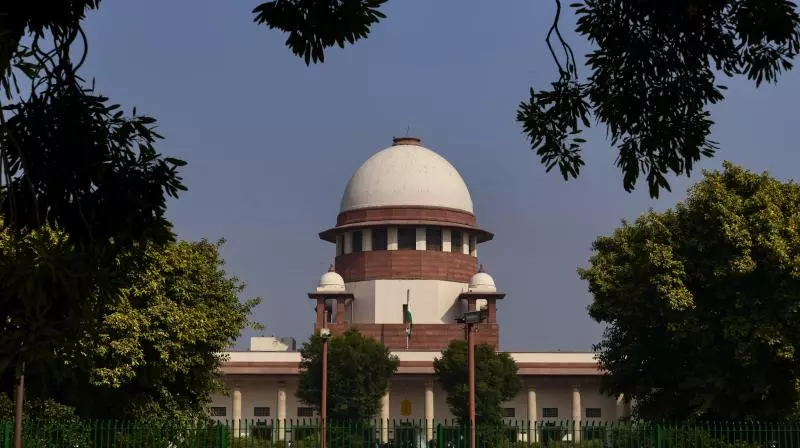DC Edit | State laws cannot be held up

The Kerala government approaching the Supreme Court with a petition demanding that the President of India’s action of withholding assent to four bills passed by the Kerala Legislative Assembly be declared unconstitutional marks an important milestone in the efforts to uphold the values of federalism in this country.
In its petition, the Kerala government has said the President has withheld her assent to four bills — three of them pertaining to state universities and one to cooperative societies — without assigning a reason. The state governor had kept the decision on the bills pending for up to 24 months and then referred them all to the President when the Kerala government moved the Supreme Court against it, the petition said. All the bills are in areas which are wholly in the domain of the state government and hence the actions of the governor and the President are in violation of Articles 14, 200 and 201 of the Constitution, the government has told the court.
India is a union of states, declares Article 1 of the Constitution. All governments, at the Centre and in the states, have the right to legislate and exercise powers as designed by the Constitution. A governor, a nominee of the Union government, sending to the President bills passed by the state legislature even if they are in the domain of the state legislature en masse and the Union government advising her against giving assent to them upsets the entire constitutional scheme as it effectively gives the Union government a veto on the lawmaking powers of the state legislature. It is the Supreme Court of India which, for the first time, listed federalism as one of the basic structures of the Constitution.
The court must step in, again, to interpret the constitutional provisions involved in the case in the spirit of federalism and remind all the stakeholders to play by the rules. Cooperative federalism cannot remain a paper tiger; it must be a thriving concept that sustains the idea of India.

